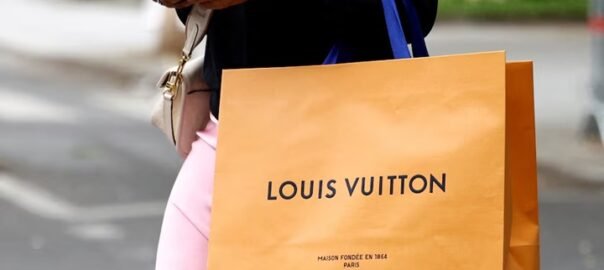BENGALURU: Swiggy has appointed Faraz Khalid, CEO of MidEast ecommerce major noon, as an independent director to its board, while long-time investor nominees from Accel and SoftBank have exited their roles, marking a broader shift toward independent governance after the company’s 2024 IPO.
Khalid’s appointment brings global ecommerce and quick-commerce expertise to Swiggy at a time when the company is scaling its convenience platforms in India. Under his leadership, noon has expanded into food delivery, fintech and quick commerce across the Gulf region. He previously co-founded fashion platform Namshi, which was acquired for $335 million in 2023 by Dubai billionaire Mohamed Alabbar and Saudi Arabia’s sovereign fund Public Investment Fund-backed noon.
With this move, Accel Partner Anand Daniel and SoftBank Investment Advisers’ Managing Partner and head of EMEA & India Sumer Juneja resigned as non-executive, non-independent directors. Both cited professional commitments and confirmed there were no other material reasons for their resignations. The two have been associated with Swiggy since its early funding rounds and have played key roles in its growth over the past decade.
Swiggy chairperson Anand Kripalu said the refreshed board structure, which now includes four independent directors, reinforces the company’s long-term governance priorities. “We are delighted to welcome Faraz to the Board… and extend our heartfelt thanks to Sumer and Anand for their invaluable contributions,” he said.
Founder and Group CEO Sriharsha Majety described Khalid as a “visionary leader in ecommerce,” adding that his strategic and operational experience would be crucial as Swiggy enters its next phase of growth.
Separately, Swiggy has reappointed chartered accountant Shailesh Haribhakti for a second term as independent director from January 2026, and named Cauveri Sriram, an industry veteran formerly with the Tata group, as the company’s new company secretary and compliance officer.
The governance overhaul comes six days before Swiggy, which operates food delivery and quick commerce services across more than 700 cities while also expanding newer offerings such as Snacc, Pyng and Scenes, is set to report earnings results of the first quarter of the financial year ending March 2026.
Author Credits- Supriya Roy
msn










